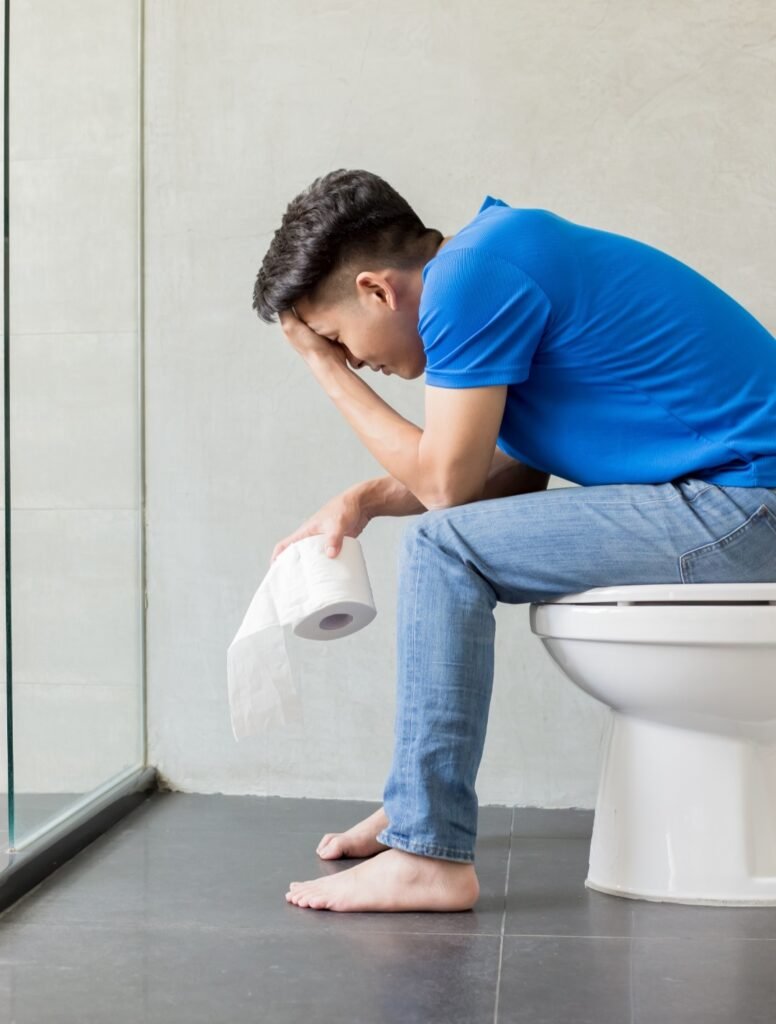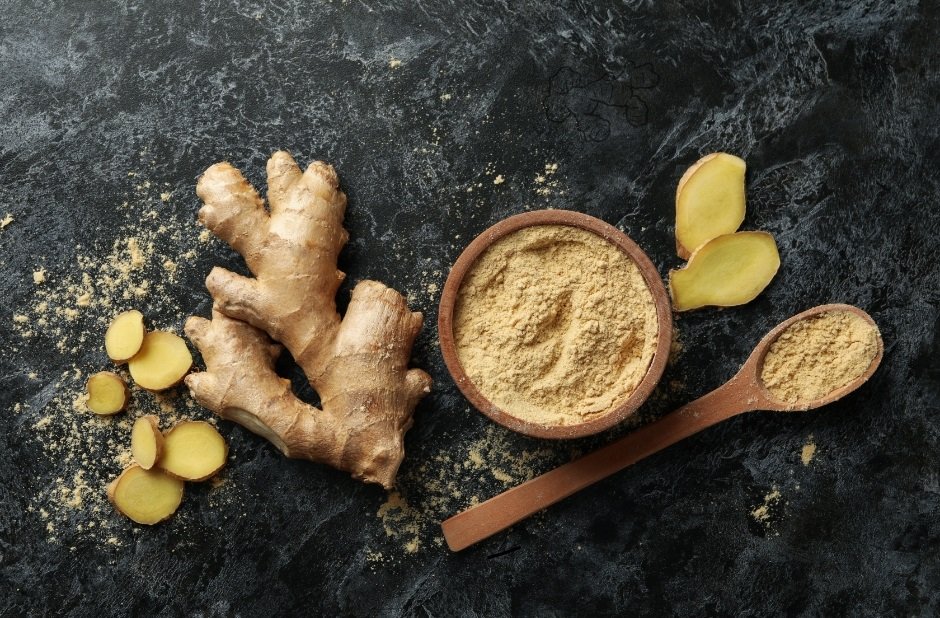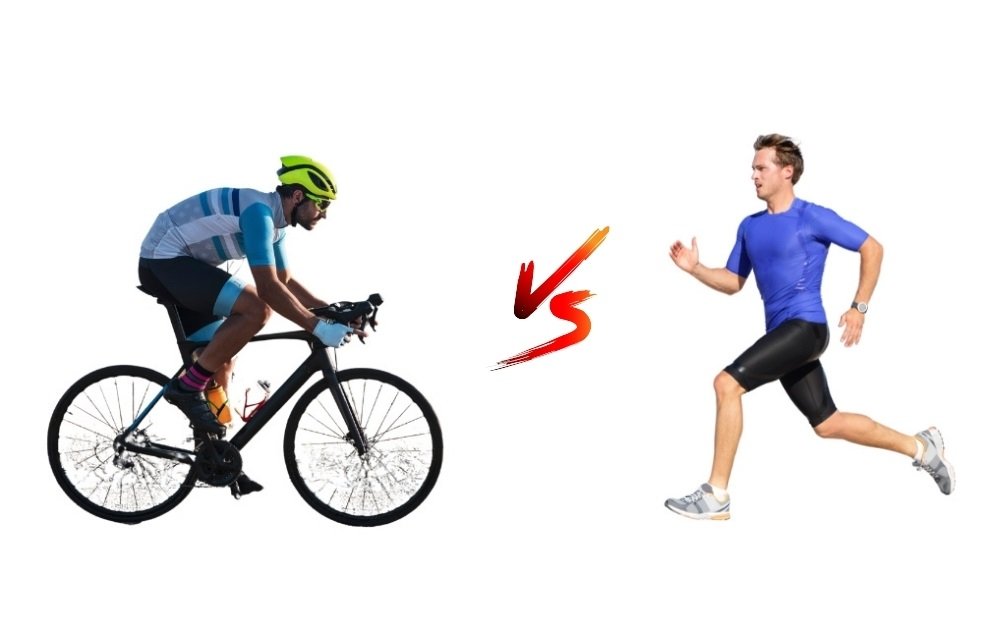How to Get Rid of Constipation Permanently?
Constipation is a common digestive issue that affects millions of people worldwide. It is characterized by infrequent bowel movements, difficulty passing stools, and a feeling of incomplete evacuation. While occasional constipation can be a nuisance, chronic constipation can significantly impact your quality of life. In this article, we’ll explore the causes of constipation, offer strategies to manage it, and provide tips on how to get rid of constipation permanently.
Understanding Constipation

Constipation occurs when bowel movements become infrequent or difficult to pass. Generally, if you have fewer than three bowel movements per week, you are considered constipated. Other symptoms may include:
- Hard or lumpy stools
- Straining during bowel movements
- A feeling of incomplete evacuation
- Bloating and abdominal discomfort
There are various causes of constipation, ranging from dietary habits to underlying medical conditions. Identifying the cause is key to addressing the problem and finding long-term relief.
Common Causes of Constipation
Understanding the common causes of constipation can help you determine the best approach to manage and prevent it. Here are some of the leading causes:
- Low-Fiber Diet
A diet low in fiber can lead to constipation. Fiber adds bulk to stools, making them easier to pass. If you consume too many processed foods and not enough fruits, vegetables, and whole grains, you may experience constipation. - Inadequate Fluid Intake
Staying hydrated is crucial for regular bowel movements. Dehydration can make stools harder and more challenging to pass, leading to constipation. - Lack of Physical Activity
A sedentary lifestyle can contribute to constipation. Regular physical activity helps stimulate the digestive system and promote regular bowel movements. - Ignoring the Urge to Go
Ignoring the urge to have a bowel movement can lead to constipation. Over time, this habit can disrupt the body’s natural signals, making it harder to pass stools. - Medications
Certain medications, such as opioids, antidepressants, and antacids, can cause constipation as a side effect. If you suspect that a medication is causing constipation, consult your healthcare provider. - Medical Conditions
Underlying medical conditions like irritable bowel syndrome (IBS), hypothyroidism, diabetes, or neurological disorders can cause chronic constipation. If you have a medical condition, it’s essential to work with a healthcare professional to manage it effectively.
Strategies to Get Rid of Constipation Permanently
To get rid of constipation permanently, you need to address both lifestyle factors and underlying causes. Here are some effective strategies to help you achieve long-term relief from constipation:
1. Increase Your Fiber Intake
A high-fiber diet is one of the most effective ways to combat constipation. Aim for 25-30 grams of fiber per day. You can increase your fiber intake by eating:
- Whole grains (whole wheat bread, brown rice, quinoa, oats)
- Fruits (apples, pears, berries, oranges)
- Vegetables (broccoli, spinach, carrots, kale)
- Legumes (beans, lentils, chickpeas)
Gradually increase your fiber intake to avoid digestive discomfort, and be sure to drink plenty of water to help the fiber move through your digestive system.
2. Stay Hydrated
Proper hydration is essential for softening stools and promoting regular bowel movements. Aim to drink at least 8 glasses of water per day. Herbal teas, coconut water, and other non-caffeinated beverages can also help you stay hydrated.
3. Get Regular Exercise
Regular physical activity stimulates the digestive system and helps prevent constipation. Aim for at least 30 minutes of moderate exercise most days of the week. Activities like walking, jogging, swimming, and yoga are excellent for promoting healthy digestion.
4. Establish a Routine
Consistency is key when it comes to bowel movements. Establish a regular bathroom routine by choosing a specific time each day to use the restroom. This can help train your body to have regular bowel movements.
5. Don’t Ignore the Urge to Go
When you feel the urge to have a bowel movement, don’t ignore it. Ignoring the urge can lead to constipation and disrupt your body’s natural signals. Make it a habit to respond promptly when you need to use the restroom.
6. Manage Stress
Stress can affect your digestive system and contribute to constipation. Practice stress-reduction techniques like mindfulness, meditation, deep breathing exercises, or yoga. Reducing stress can improve digestion and promote regular bowel movements.
7. Consider Natural Laxatives
Certain foods have natural laxative properties that can help relieve constipation. Some examples include:
- Prunes and prune juice
- Flaxseeds
- Chia seeds
- Aloe vera juice
- Ginger tea
These natural laxatives can be used occasionally to help relieve constipation, but they should not be relied upon as a long-term solution.
8. Consult a Healthcare Professional
If you’ve tried lifestyle changes and still experience chronic constipation, it’s essential to consult a healthcare professional. They can help identify underlying causes and recommend appropriate treatments. In some cases, medications or other interventions may be necessary.
SUMMARY
Constipation can be a frustrating and uncomfortable condition, but with the right strategies, you can get rid of it permanently. By addressing lifestyle factors like diet, hydration, exercise, and stress management, you can promote regular bowel movements and improve your digestive health.
If you continue to experience constipation despite making these changes, seek medical advice to rule out underlying medical conditions and explore further treatment options. With a comprehensive approach, you can achieve long-term relief from constipation and enjoy a healthier, more comfortable life.













